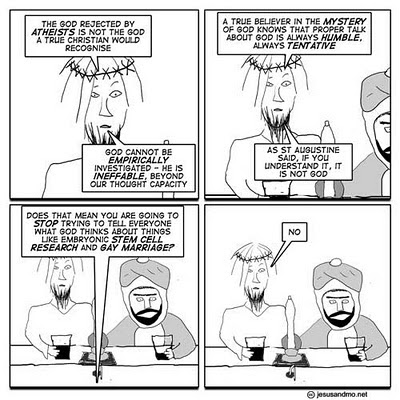1. Eric Drexler says a 3-terrawatt solar array could remove excess anthropogenic carbon in ___ years.
2. Stewart Brand says fixing climate change will require global __________. (cooperation, economics, governance)
3. Max Tegmark estimates the likelihood of accidental nuclear war as comparable to his own likelihood of ______ ______, about ___%.
4. After a significant deployment of WMDs somewhere in the world, says Dan Sperber, we can expect individual liberty and national autonomy to be ________. (enhanced, limited, eliminated)
5. If we want to reduce population growth we should _____ (boost, cut) the gross domestic product of the _______ (richest, poorest) countries, according to Patrick Bateson.
6. "_______ is the power of the future, & always will be."
7. Synthetic biofuel technology will replicate the natural production of ____.
8. The most world-changing thing about large-scale geoengineering, says Oliver Morton, is that it would be __________ and might finish off the idea of ________.
9. Daniel Goleman says innovations in _________ can bring about more sustainable consumerism.
10. Alternative energy sources will be ____ economically appealing when produced synthetically in a lab or factory. (more, less, no more or less)
11. Besides gender and age differentials, says Nick Christakis, an overlooked feature of the human environment is _______ ________.
12. Haim Harari says education reform will be more likely as those who grew up with _________ enter the teaching profession.
13. (T/F) E-texts promote democracy, says David Myers.
14. Chris Anderson says a teacher who reached a hundred students five years ago can now hope to reach ________, and teaching is becoming a prestigious vocation.
15. (T/F) Roger Schank says in the future we'll have "reminding machines" that will make libraries obsolete.
16. (T/F) David Gelernter says in the future personal learning consultants will proliferate and teachers will nearly disappear.
17. (T/F) Keith Devlin thinks mobile phones are subverting democracy.
18. What's the difference between Type I, II, & III civilizations? What are we? What stands between us and the realization of our potential?
19. Daniel Everett forecasts universal __________, Thomas Metzinger predicts virtual models of our own bodies, or _______, and Tors Norretranders thinks we'll lose the distinction between ______ and ______.
20. Garrett Lisi calls ________ "Pascal's Wager for Singularitarians."
21. Neurocosmetics will ________ (reinforce, validate, undermine) the feeling of stable personal identity, says Marcel Kinsbourne. (T/F) Brian Knutson thinks targeted brain stimulation will be unacceptably invasive.















 Charles Darwin (
Charles Darwin (













